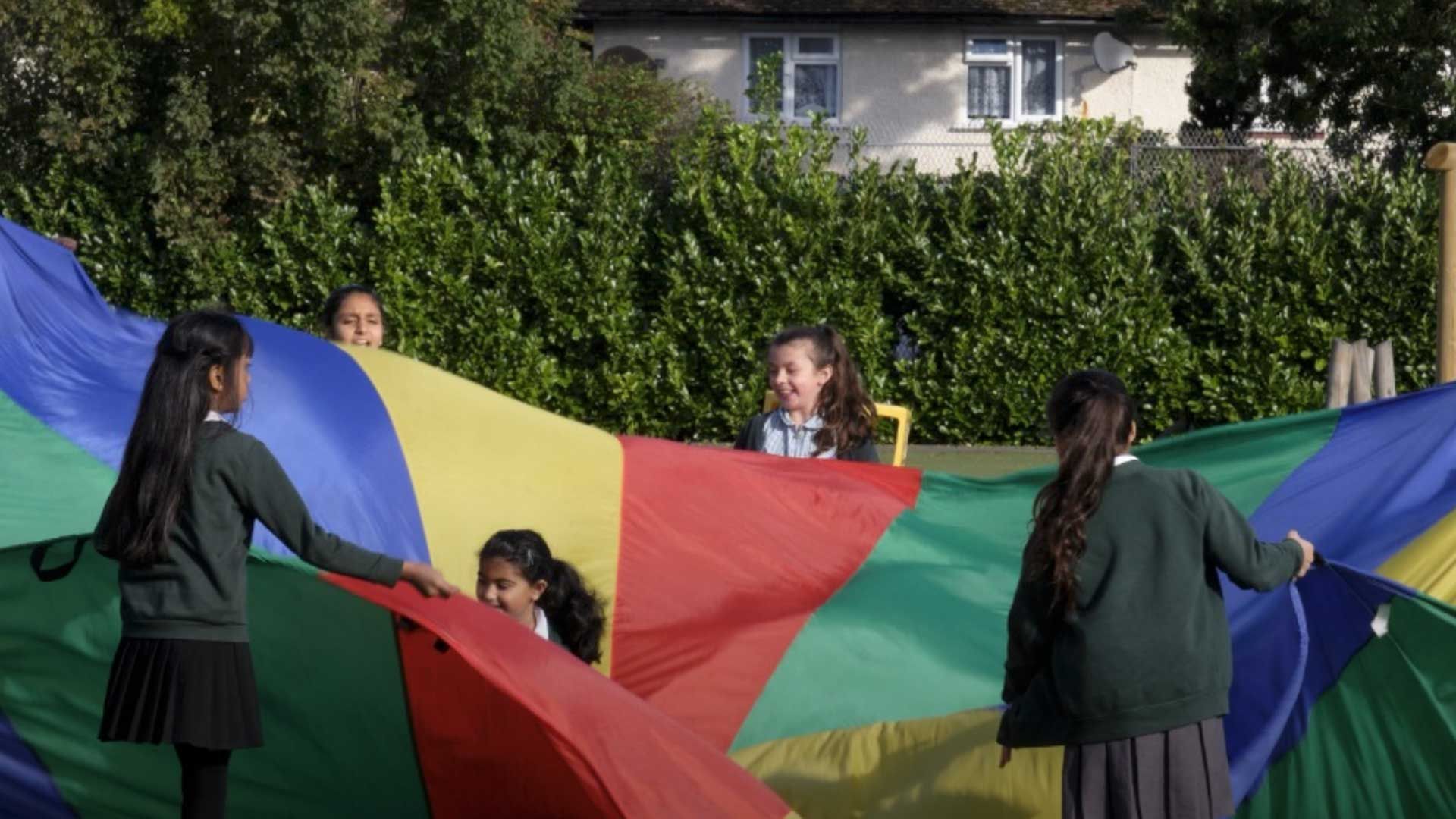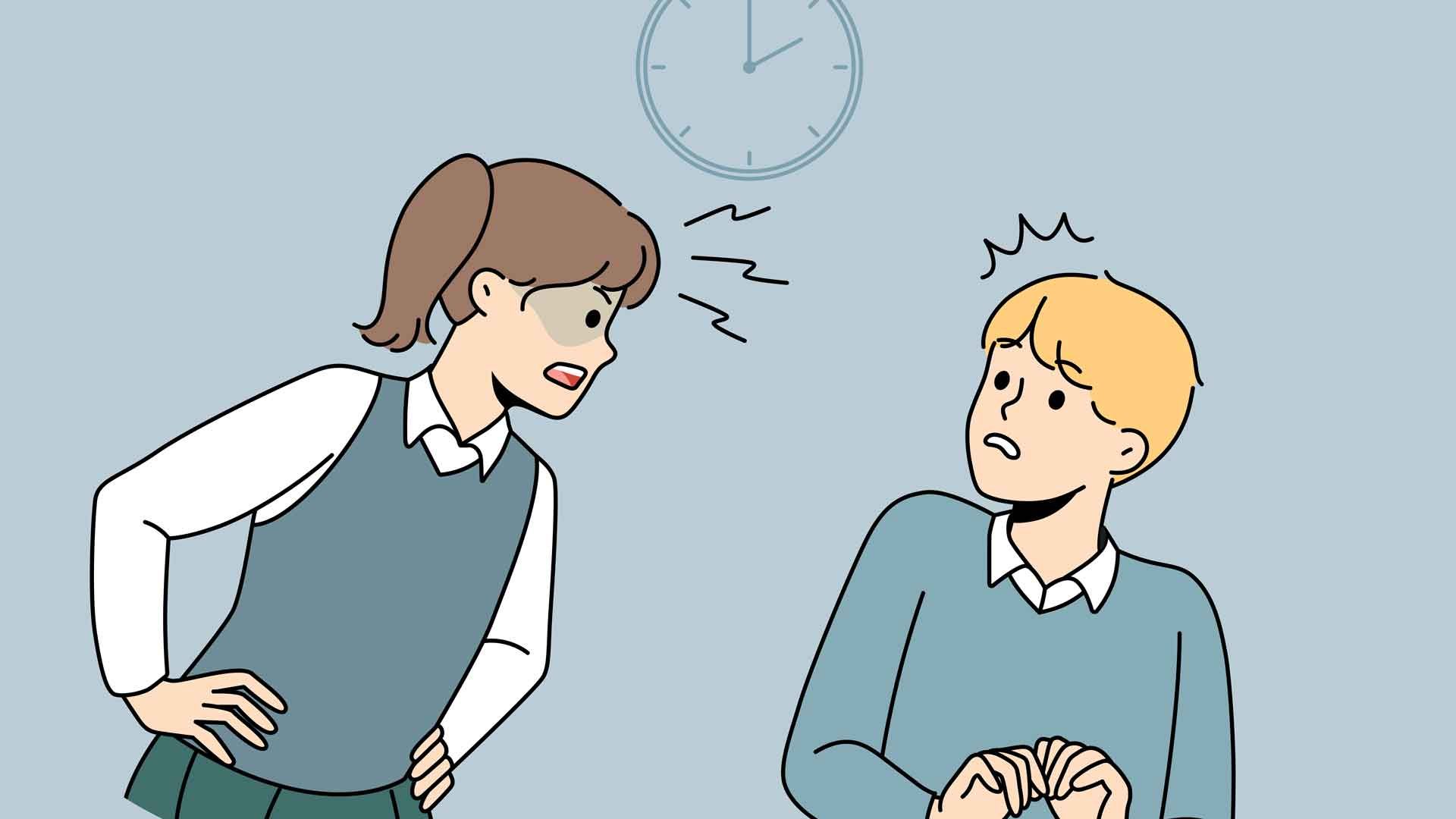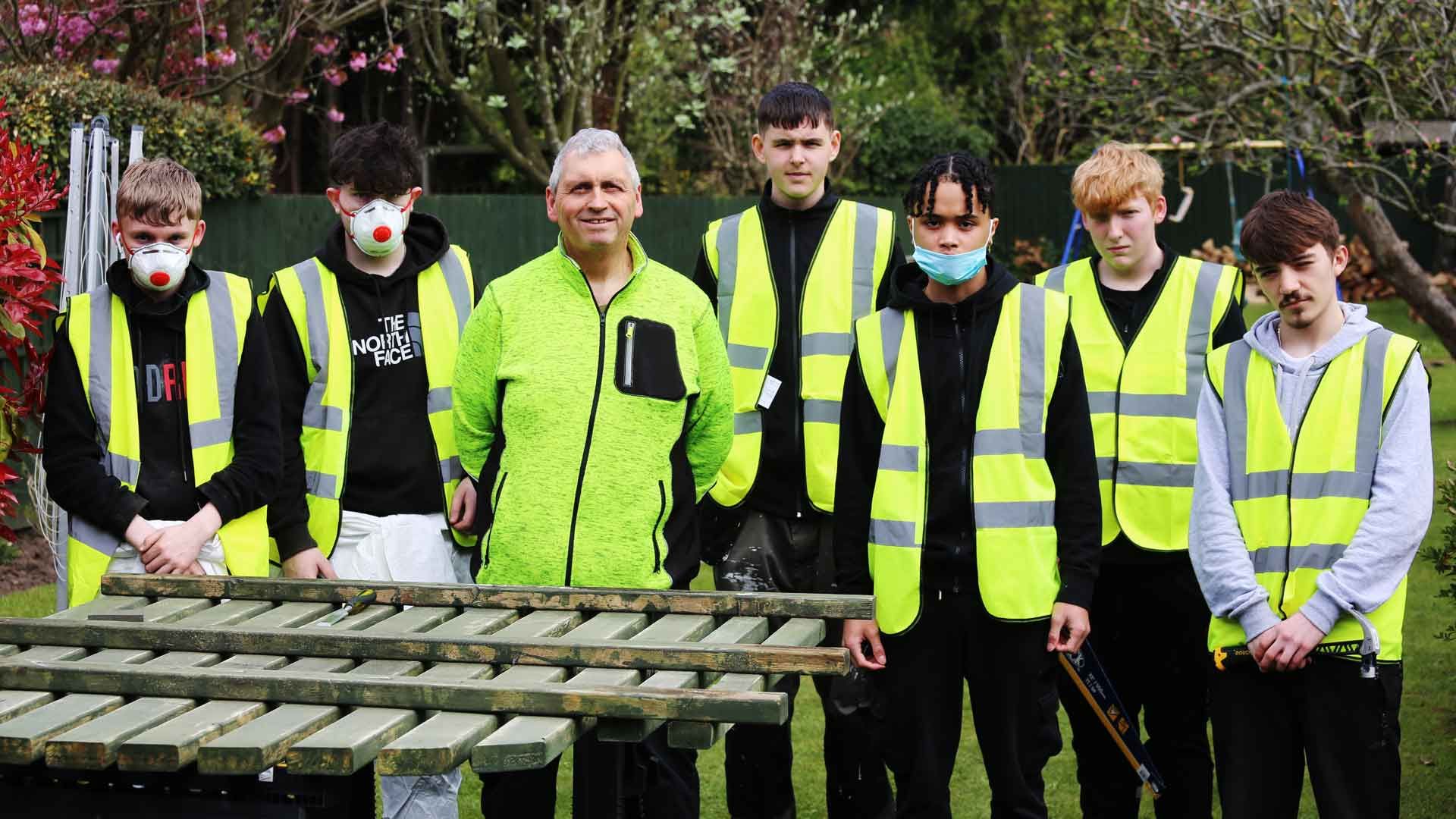Conquering your fears - a few tricks and a couple of treats to help you

Everyone gets scared; fear is an unavoidable facet of the human experience. People generally consider fear an unpleasant emotion, but it is also essential. We can credit our ability to feel fear for the success of our evolution as humans. After all, any creature who happily stares into the mouth of a hungry predator isn’t likely to last very long at all.
Fear triggers our reactions to keep us safe; you may have heard of these responses as fight, flight, freeze and even flock. These responses all begin in the amygdala. The amygdala (pronounced A-mig-da-la) is an almond-shaped bundle of neurons nestled in the centre of our brains. When we sense danger, our amygdala signals our nervous system, releasing adrenaline and preparing our bodies to react accordingly.
Of course, some people actively love to trigger this response through skydiving, bungee jumping… or working with children!
How fear affects us
Firstly, let’s look at what physically happens in our bodies when we feel fear. We may experience one, some or all of the following:
- Increased heart rate
- Faster breathing or shortness of breath
- Butterflies or feeling sick
- Sweating and chills
- Trembling muscles
Sound familiar? Aside from a terrible hangover, these are also the physical symptoms of anxiety. Unsurprisingly, anxiety is a type of fear. I like to think of anxiety as fear’s misbehaving pet. Though we may try to train it and learn its behaviour patterns, it’s unpredictable and can take us by surprise. Anxiety attacks are usually out of our control and not always triggered by specific or “dangerous” situations like fear.
Though the term anxiety is surging, especially among young people, it should only be diagnosed and treated by a medical professional. Since I’m not a doctor (sorry, Mum), I’ll focus on fear itself.
When talking about fear with children, they often tell me “spiders”, “heights,” and “ghosts” are their biggest and most frightful nightmares - followed closely by tests and exams. *Cue thunder, howls and distant screams. However, they often don’t know why.
One reason is that our responses are from learned behaviours. If we see someone screaming and running away from a spider, for example, we are likely to have the same response - our “herd mentality” is designed to keep us alive. Our brain then stores that response as a memory, ready to upload the next time we see a spider, so the cycle continues.
Another reason could be down to experience. If we have previously failed a test (be that a spelling, driving or eye test), we might enter the next one with our almond-shaped friend, sending unhelpful signals to our nervous system and creating fear. But we would have to be very unlucky to be eaten by an exam paper.
Conquering fears
Is it possible to be less afraid of our fears? Take it from someone who was grotesquely terrified of peas (yes, you read that right!): we can face and conquer our fears, though it takes time, practice and a little trickery. Well, it is nearly Halloween; there can be no treats without tricks, I’m afraid!
Here are my 3 top tips for coping with fear:
Talk! Sharing your concerns with others can have a significant impact on calming our nerves and helping shrink our fears.
Move! When we experience fear, our bodies recede, like a tortoise hiding in its shell. Stretch up tall with your arms open wide, or dance like your aunt at a wedding. You may feel ridiculous, but that’s better than feeling scared!
Rewards! Rewarding ourselves every time we get through a fearful situation such as a presentation, an Ofsted inspection - or eating peas - congratulate yourself with a slice of cake or time to yourself - you deserve it!
These steps may not change your life overnight, but knowledge is power! So the next time you face your fear, remind yourself that your brain is responding just like it has for millions of years to keep you safe.
And as my mum always said, “If you’re feeling something, you must be alive!” (Also not a doctor).
If you’d like to learn more about the amazing brain or you feel like the children in your school could do with learning to FLIP their thinking, get in touch with our Doug to find out how we can help you -
Alison Carter has worked with young people since graduating from drama school twelve years ago. Her performing arts background means she’s no stranger to acting like a clown to get the giggles going! She’s no stranger to the classroom environment and has worked with students, parents and teachers in many primary schools.














